Leisure is the mother of Philosophy
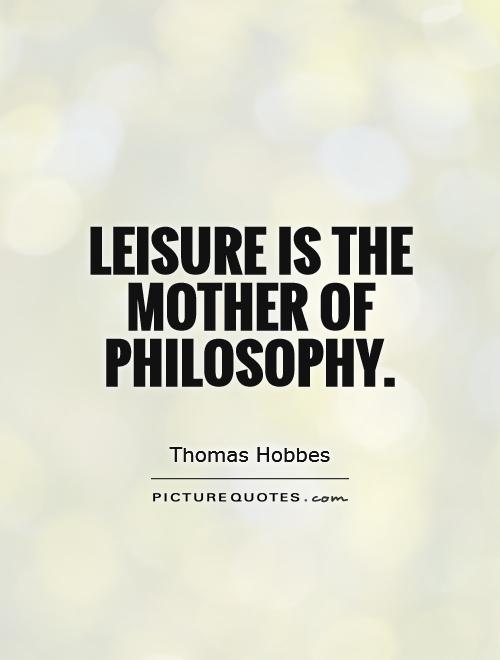
Leisure is the mother of Philosophy
Thomas Hobbes, a prominent English philosopher of the 17th century, is often associated with the quote "Leisure is the mother of Philosophy." This statement reflects Hobbes' belief in the importance of contemplation and reflection in the pursuit of knowledge and understanding. In his seminal work, Leviathan, Hobbes explores the nature of human existence and the role of philosophy in shaping society.For Hobbes, leisure is not simply a time for relaxation and enjoyment, but a crucial opportunity for individuals to engage in deep thought and introspection. In the hustle and bustle of everyday life, people are often consumed by their immediate concerns and responsibilities, leaving little time for contemplation and intellectual inquiry. However, it is during moments of leisure that individuals can step back from the chaos of the world and reflect on the deeper questions of existence.
Philosophy, according to Hobbes, is the discipline that allows individuals to make sense of the world around them and understand their place within it. By engaging in philosophical inquiry, people can explore fundamental questions about the nature of reality, the meaning of life, and the principles that govern human behavior. Through the process of philosophical reflection, individuals can develop a deeper understanding of themselves and the world, leading to greater wisdom and insight.
Hobbes believed that philosophy was essential for creating a just and orderly society. In Leviathan, he argues that human beings are inherently self-interested and driven by a desire for power and self-preservation. Without the guiding principles of philosophy, individuals are prone to conflict and chaos, leading to a state of nature characterized by violence and insecurity. By engaging in philosophical inquiry, people can develop a shared understanding of morality, justice, and the common good, laying the foundation for a stable and harmonious society.
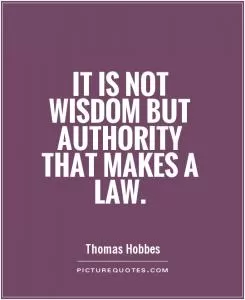

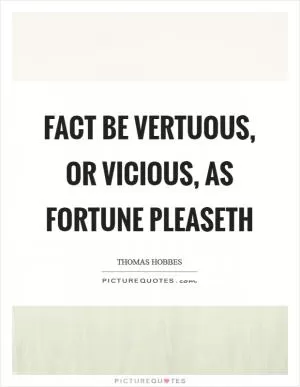
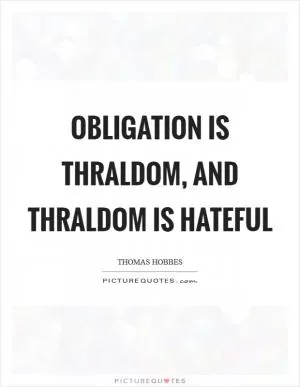

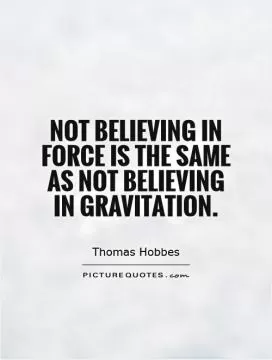
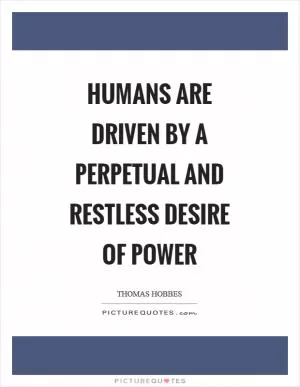

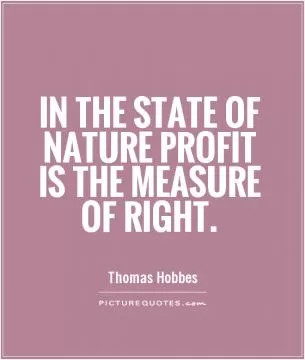
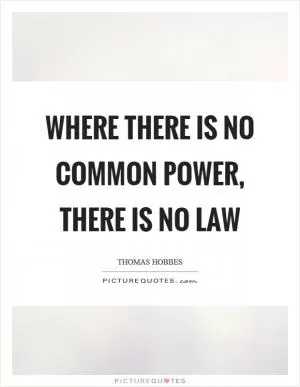
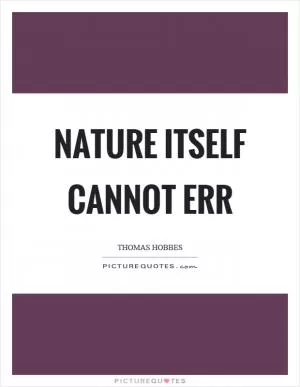
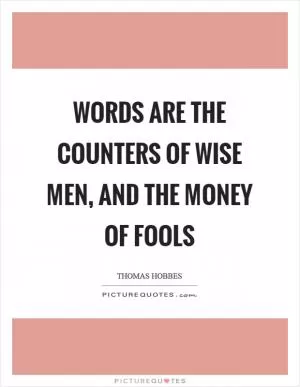
 Friendship Quotes
Friendship Quotes Love Quotes
Love Quotes Life Quotes
Life Quotes Funny Quotes
Funny Quotes Motivational Quotes
Motivational Quotes Inspirational Quotes
Inspirational Quotes